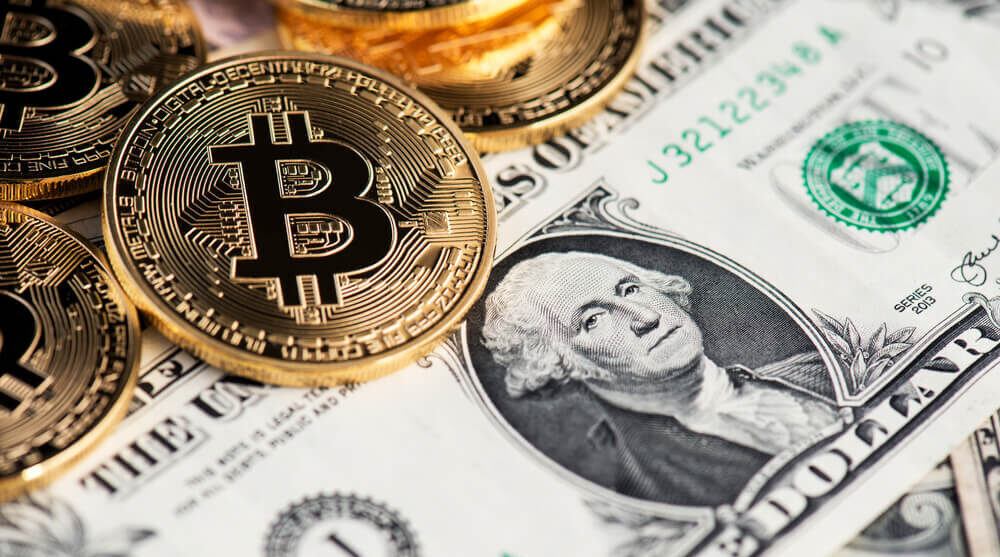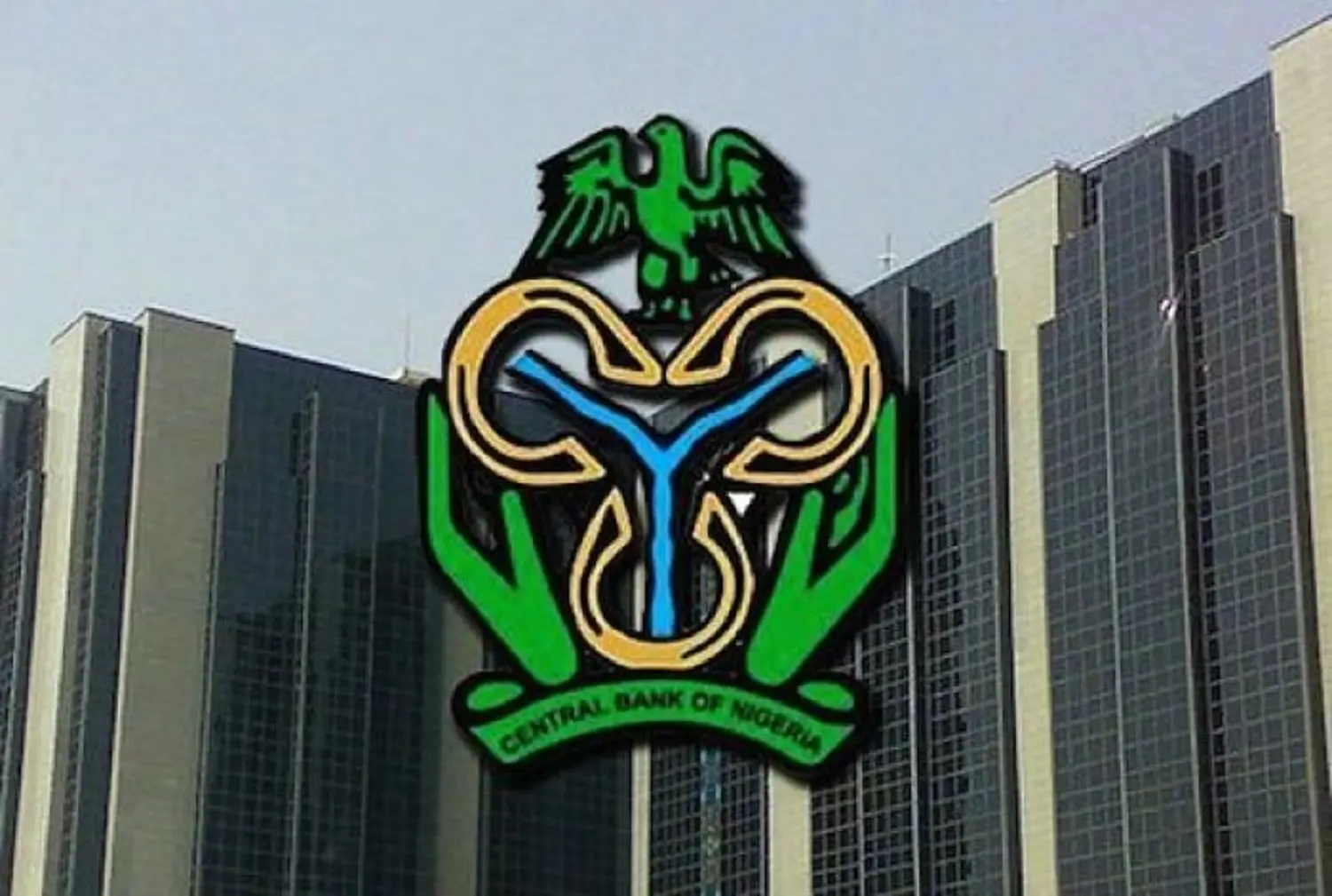Bitcoin, which debuted in 2009, has the greatest market capitalisation of any cryptocurrency. When it comes to cryptocurrency, Bitcoin stands clearly above the others. As an instrument that is actively traded and has a market capitalization of $383 billion, it is largely acknowledged as a real asset class.
Although Bitcoin was first mined in 2009, it didn’t make a significant impact on the global financial system until 2017, when its price exploded to nearly $20,000 per coin.
Bitcoin, in contrast to the United States dollar and other fiat currencies, is generated, distributed, traded, and stored using a decentralised ledger system known as a blockchain. The “mining” process that creates new bitcoins is tied inextricably to the proof-of-work (PoW) consensus that ensures the integrity of the Bitcoin network and its ledger.
Bitcoin has had a tumultuous past as a store of wealth, experiencing multiple cycles of ups and downs throughout its brief existence. Additionally, there are several sites to buy Bitcoin and other cryptocurrencies. The success and broad adoption of Bitcoin, the first decentralised virtual money, has spawned a plethora of replicas.
In light of the Digital Assets, Financial Technology, and Inclusion Subcommittee’s hearing on March 9, it seems like a good time to reignite an argument that has been raging around the office water coolers and trading floors of the financial sector for quite some time.
Recommended: Analysis on What Bitcoin Performance will be in 2023
Table of Contents
Can Bitcoin end the US dollar supremacy?
China’s communist party disagrees. But more and more Americans, including some quite high-profile politicians, believe that it is. Which side is right? Moreover, who is in error? Because millions of people could be negatively impacted financially if Bitcoin fails.
4 Reasons Why Bitcoin will certainly replace the US Dollar
1. Decentralization
Bitcoin’s blockchain technology makes it decentralised, or free from centralised control. This form of digital distribution has become so common that it has spread to fields other than banking, such as medicine and real estate. Its goal, as a fully decentralised digital cash system, is to allow for transactions between individuals that don’t involve a central authority.
Because it is decentralised, Bitcoin can include any transaction that follows the rules of the network in a block, making it censorship-resistant.
For these reasons, Bitcoin is the most promising contender for global reserve currency status.
Bitcoin’s decentralised nature and the blockchain technology that underpins it offer it a degree of autonomy that would be difficult for government-issued money (USD) to achieve. That, according to Bitcoin proponents, will create a way for the cryptocurrency’s inevitable conflict with and eventual supremacy over the US dollar.
Recommended Post: 5 Best Crypto Exchanges for all coin transations and why Choose them
2. Limited Supplies
Due to its fixed supply of 21 million coins, Bitcoin is intrinsically deflationary because it can never experience hyperinflation. Bitcoin proponents see this as a major benefit because the cryptocurrency’s value might rise in response to rising demand. However, as supplies dwindle, the US dollar will be phased out in favour of other, more reliable currencies.
There are currently over 19 million Bitcoins in circulation, with just 2 million still to be mined.
Mining is the process of creating bitcoins by the verification of transactions on the Blockchain network through the solution of complicated mathematical equations.
Because Bitcoins cannot be duplicated, their value may rise if they become increasingly scarce due to loss or destruction.
In contrast, the US dollar is inflationary because the Federal Reserve, the country’s central bank, can print more of it whenever it deems fit. Bitcoin supporters argue that this feature will eventually lead to a decline in the monetary value of the USD.
Recommended: ChatGPT Predicts Bitcoin will end central banking and fiat currency
3. Worldwide Adoption
Adoption around the world has been slow-moving, especially at the national level, with only El Salvador having officially recognised Bitcoin as legal cash. Those who believe Bitcoin will eventually reign supreme will counter that “all great things have humble beginnings.”
Bitcoin is now accepted as payment at major retailers like Microsoft, Tesla, and Whole Foods. As its use expands in the commercial sector, it has the potential to rival the US dollar as a global reserve currency.
As cryptocurrency grows in popularity, regulatory frameworks in various countries are still developing. After (or if) the EU approves the MiCA plan, legislation is expected to be introduced in many countries. As crypto develops into whatever it will be, whether an asset, legal tender, currency, payment method, or all of the above, the regulatory landscape will likely continue changing.
Recommended: Bitcoin is now accepted in 1,628 stores owned by Pick n Pay in South Africa
4. Security
Bitcoin’s encryption system is unlike any other. Bitcoin is more secure than conventional payment systems because blockchain uses a decentralised ledger to record transactions in an immutable manner, making them impossible to hack or falsify.
Because Bitcoin uses a decentralised security paradigm, control is distributed among its users. Keeping the keys’ identity a secret is a serious obligation that comes along with such authority.
Transparency and accountability improve along with the speed and lower cost of international trade that results from increased safety and confidentiality. The widespread vulnerability witnessed with credit cards can be avoided if consumers are able to keep the secret keys on general-purpose computing devices like cell phones and laptops linked to the Internet.
Here are four reasons why we also think Bitcoin won’t ever replace the dollar.
Why Bitcoin won’t ever replace the dollar (USD)
1. Volatility
Bitcoin is unsuitable as a store of value because of its extreme volatility. Bitcoin’s value can skyrocket (like it did from $7,000 to $10,000 in a matter of weeks in December 2019) or crash (as it did from $60,000 to $30,000 in a fortnight in May 2021).
Bitcoin, whose value has surged by a factor of 50 in the past five years, is much more volatile than, say, debt or stock. Volatility is one of the key indicators of risk, but it also indicates the possibility of above-average gains in trading. In the short run, this can make Bitcoin less stable as an investment.
An asset’s volatility can be defined as the extent to which its price deviates from its long-term mean. Assets with greater price swings are said to be more volatile.
However, the US dollar’s worth has remained constant over the decades. Bitcoin may appeal to traders and investors, but the typical citizen isn’t keen on taking chances. It can never replace the USD until it proves to be stable over the long run.
Recommended: Why did Bitcoin price suddenly soar beyond $20,000?
2. No concrete regulations
Bitcoin’s value is influenced in part by the extent to which it is regulated. Countries’ responses to Bitcoin regulation vary widely, but each has been successful in stemming the growth of the cryptocurrency.
Most sophisticated investors are on the side of regulation because they value the security and openness it provides.
There is a need for more formal rule-making on cryptocurrency, despite the fact that several federal and state regulators in the United States are already involved.
According to the People’s Bank of China (PBOC), cryptocurrency exchanges support unregulated public financing. In May 2021, China outlawed Bitcoin mining, causing many people who were involved in the industry to shut down their operations completely or move to countries with more tolerant regulations. In addition, all cryptocurrency transactions were made illegal as of September 2021.
Bitcoin’s veracity is constantly up to dispute because it operates outside the compliance frameworks of most countries. It will be difficult for the common customer to use such money.
3. Low Level of Acceptance and Usability
Proponents point to its growing popularity, but others point out that Bitcoin is still rejected by many stores. They will also point out that El Salvador, the only country to recognise it as legal cash, has a murky past when it comes to fighting corruption.
Due to its low level of adoption and the complexity of using Bitcoin to purchase goods and services, cryptocurrency is not a viable alternative to the US dollar anytime soon.
Recommended: Fact Check: Australia has more Bitcoin ATMs than the rest of Asia combined
4. Intervention from the Government
The future of Bitcoin and other cryptocurrencies is still quite uncertain. While the United States and other governments recognise blockchain’s revolutionary potential, they are not yet ready to embrace cryptocurrencies. Instead, they are working to develop rules, policies, and regulations that will help prevent fraud while encouraging blockchain and digital asset innovation. Nigeria, the most populous country in Africa, has been working to define cryptocurrency laws for its young, tech-savvy, and pro-blockchain population.
In the US, the establishment of a central bank digital currency (CBDC) or the digital equivalent of the U.S. dollar is seen as having “significant benefits” in the new framework proposed by the Biden administration.
The main motivation to produce a CBDC, according to Federal Reserve Chairman Jerome Powell, would be to do away with the necessity for alternative coin use in the country.
In his statement to Congress, Powell stated, “You would not need stablecoins; you would not need cryptocurrencies if you had a digital U.S. currency.”
All cryptocurrency investment firms in Canada are considered money service businesses (MSBs), making registration with the Financial Transactions and Reports Analysis Centre of Canada (FINTRAC) mandatory.11 Canada taxes cryptocurrencies in the same way it taxes other commodities.
While there is no crypto-specific legislation in place, crypto exchanges are required to register with the Financial Conduct Authority (FCA) and cryptocurrencies are seen as property rather than legal tender. The United Kingdom has also outlawed the trade of cryptocurrency derivatives. The standards for “knowing your client” (KYC), “anti-money laundering” (AML), and “countering the financing of terrorism” (CFT) all have their own reporting requirements that are unique to cryptocurrencies.
The Chinese government, however, has been hard at work creating a digital currency called the e-CNY. Central Bank Digital Currency (CBDC) pilot programme expansion began in earnest that August of 2022.
While China has openly outlawed cryptocurrencies, other nations such as the United States, Japan, the United Kingdom, and Switzerland have set up regulatory barriers to prevent unchecked cryptocurrency trading. Bitcoin’s aspirations to substitute the US Dollar would be greatly hampered if governments cracked down on the digital currency.
Recommended: Why did Paxful Bitcoin Marketplace Shutdown its Operations?
In Conclusion
Both of these points are valid, and the one you choose to emphasise will rely on your own outlook on Bitcoin and its potential. Is it powerful enough to displace the world’s primary reserve currency, which has been in use for almost 80 years?
If Bitcoin maintains true to its unregulated and decentralised principles, only time will tell if most countries and citizens around the world would consider it as go-to money.













